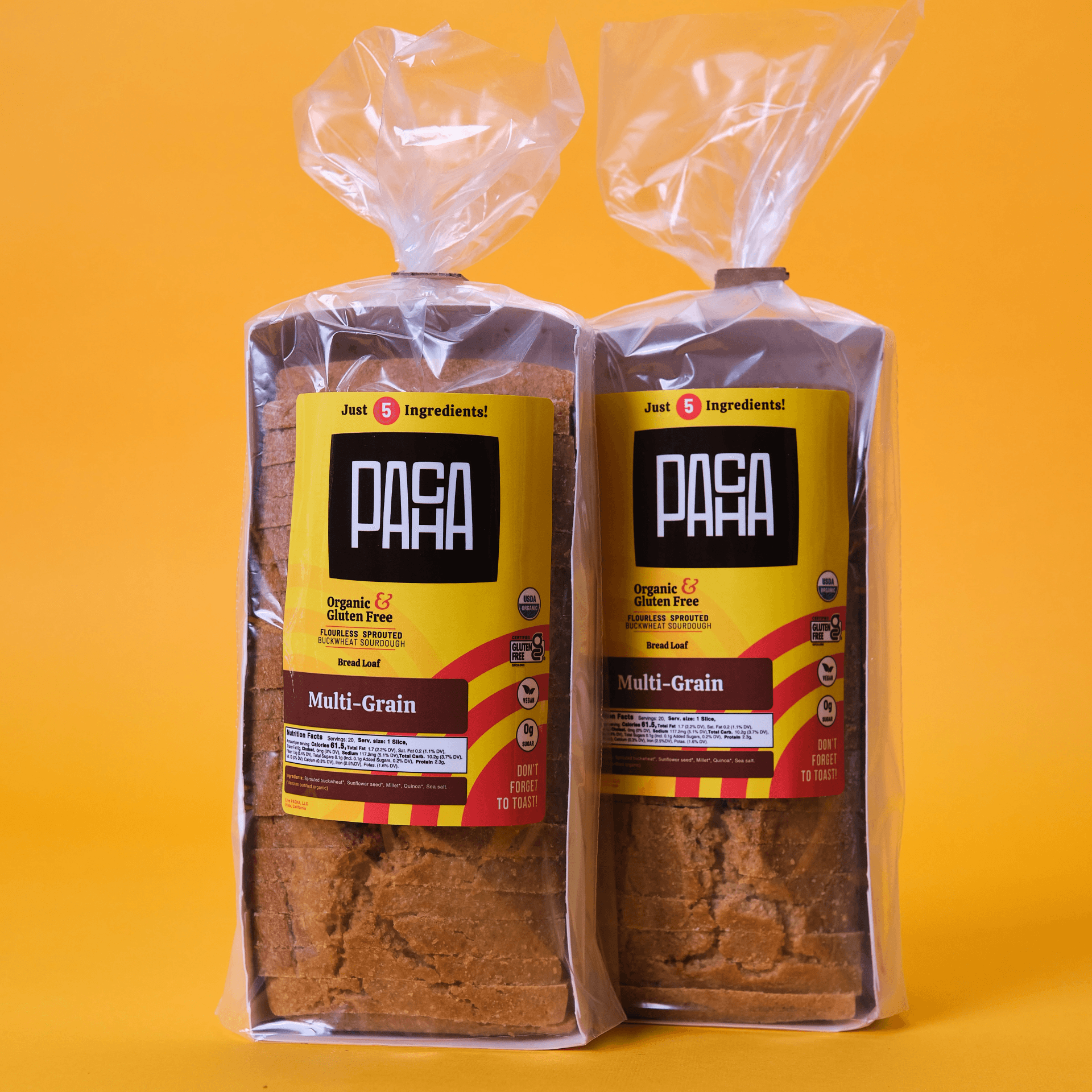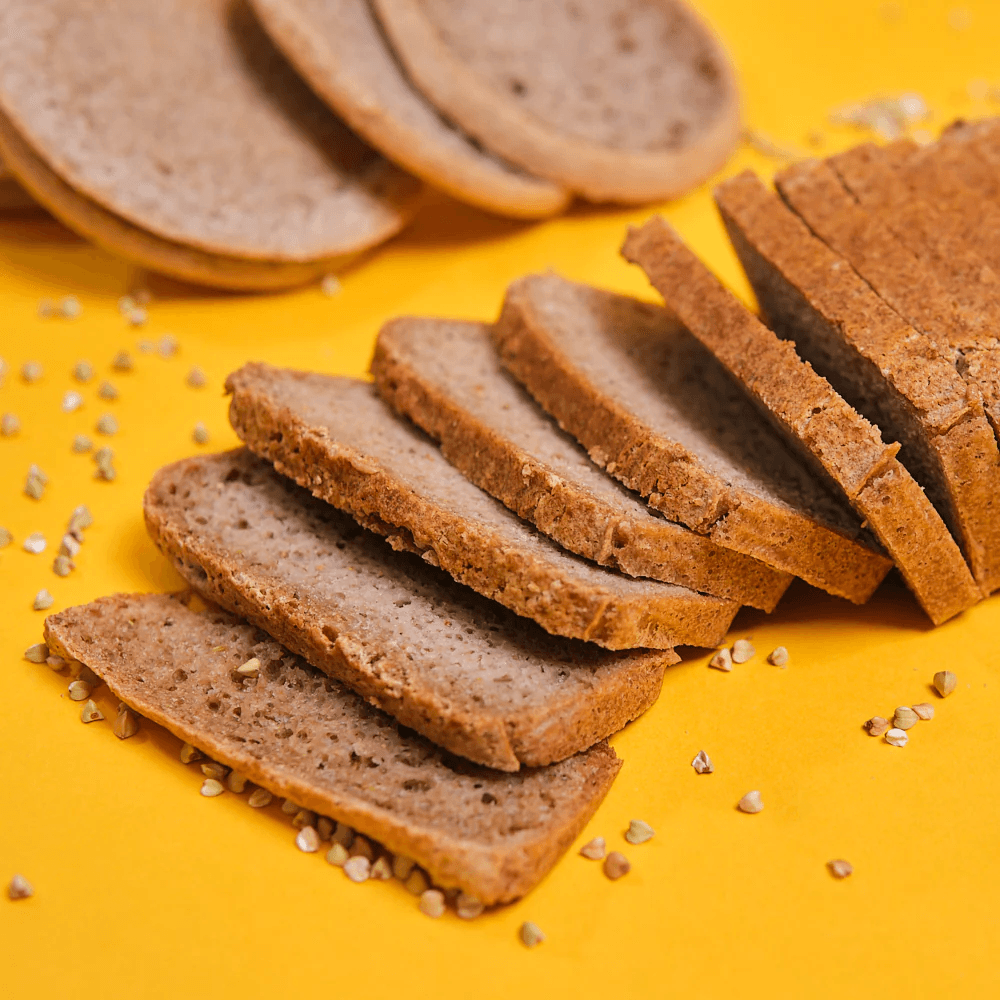If you’re anything like I used to be, you probably grew up with the standard loaf of white or whole wheat bread on your kitchen counter. It’s a staple in many households, but after eating it for years, I began noticing discomfort after every meal.
Whether it was bloating, mild stomach aches, or just a general sense of sluggishness, something didn’t feel right. That’s when I started searching for a better alternative—one that would be gentler on my digestive system.
That’s when I discovered sourdough bread, and the difference it made was nothing short of amazing.
1. Natural Fermentation: The Key to Better Gut Health
What sets sourdough bread apart from traditional bread is its natural fermentation process. Unlike regular bread, which is made with commercial yeast, sourdough uses wild yeast and lactic acid bacteria. These bacteria ferment the dough over a longer period, breaking down gluten and other compounds that can be tough on digestion.
At first, I didn’t understand the science behind sourdough, but after making the switch, I immediately noticed a difference in my digestive comfort.
When I started eating sourdough bread instead of the usual store-bought varieties, I felt my stomach become much more settled. Gone were the days of feeling bloated or uncomfortable after a meal.
The natural fermentation in sourdough makes it much easier on the gut, reducing symptoms like bloating and discomfort that I had often experienced with traditional bread. It wasn’t just a placebo effect—my digestion genuinely improved.
2. Blood Sugar Control and Steady Energy Levels
Another surprising benefit I noticed after switching to sourdough was its positive effect on blood sugar levels. With traditional bread, I would often experience rapid spikes in blood sugar, leading to a quick crash and leaving me feeling sluggish. But sourdough bread has a lower glycemic index, meaning it doesn’t cause those drastic blood sugar fluctuations.
This stability has been a game-changer for me. Although I’m not diabetic, I could feel the difference in how my energy levels remained steady throughout the day. I no longer experience the post-meal energy slump that used to be common with white bread or other traditional loaves. The consistent energy boost from sourdough makes it an excellent choice for anyone looking to maintain balanced blood sugar and steady energy levels
3. Better Nutrient Absorption for Overall Health
One of the most surprising benefits of sourdough bread is how it helps your body absorb essential nutrients more effectively. When I used to eat regular bread, I often felt like I wasn’t getting enough energy from my meals, even though I was eating what should have been a balanced diet.
However, with sourdough, I learned that the fermentation process helps break down phytic acid, which can inhibit the absorption of vital minerals like iron, zinc, and magnesium.
As a result, my body is better able to absorb these nutrients, leading to improved overall health. Since incorporating sourdough into my diet, I’ve noticed that I feel more energetic and less fatigued. I no longer struggle with the “lack of energy” feeling after meals, and I’m confident that it’s due to the better nutrient absorption provided by sourdough
4. A Unique Flavor That Makes Meals More Enjoyable
Aside from the health benefits, the flavor of sourdough is another thing that sets it apart from regular bread. The unique tanginess and perfect crust give it a flavor profile that regular white or whole wheat bread simply can’t compete with. Each bite of sourdough feels like a treat, especially when paired with butter, jam, or even avocado.
What’s even more amazing is that sourdough is naturally more flavorful due to its long fermentation process. The sourness is a product of the wild yeast and bacteria working their magic, creating a depth of flavor that you won’t find in mass-produced bread. It truly makes every meal feel special, and I’m always excited to have it on my table
5. A Smart, Healthy Choice for Long-Term Wellness
Ultimately, sourdough bread isn’t just a tasty alternative to regular bread—it’s a health-conscious choice that supports better digestion, stable blood sugar levels, and improved nutrient absorption. Since making the switch, I’ve felt healthier, more energetic, and just generally better overall.
If you’re looking for a smarter, more nutritious option, I wholeheartedly recommend giving sourdough a try. With its countless benefits, it’s no wonder I can’t go back to the traditional bread I used to eat.
Sourdough has truly transformed my health, and I encourage you to experience its benefits for yourself. If you’re looking for a more balanced and healthy lifestyle, sourdough bread is the perfect addition to your diet. Give it a try—you won’t regret it!

Conclusion
Switching to sourdough bread has not only been a simple dietary change for me, but a significant improvement to my overall health and well-being. From better digestion thanks to the natural fermentation process, to more stable blood sugar levels and enhanced nutrient absorption, sourdough has proven to be much more than just a tasty alternative.
It has become a vital part of my daily meals, offering both physical benefits and a delightful flavor profile that regular bread simply can’t match. If you’re looking for a more balanced, health-conscious diet, I highly recommend giving sourdough bread a try it’s an investment in your long-term wellness, and I’m confident you’ll feel the difference just as I did.
The transformation in my energy levels, digestion, and overall vitality speaks volumes about the benefits of making this change, and I truly believe it’s a decision worth making.





